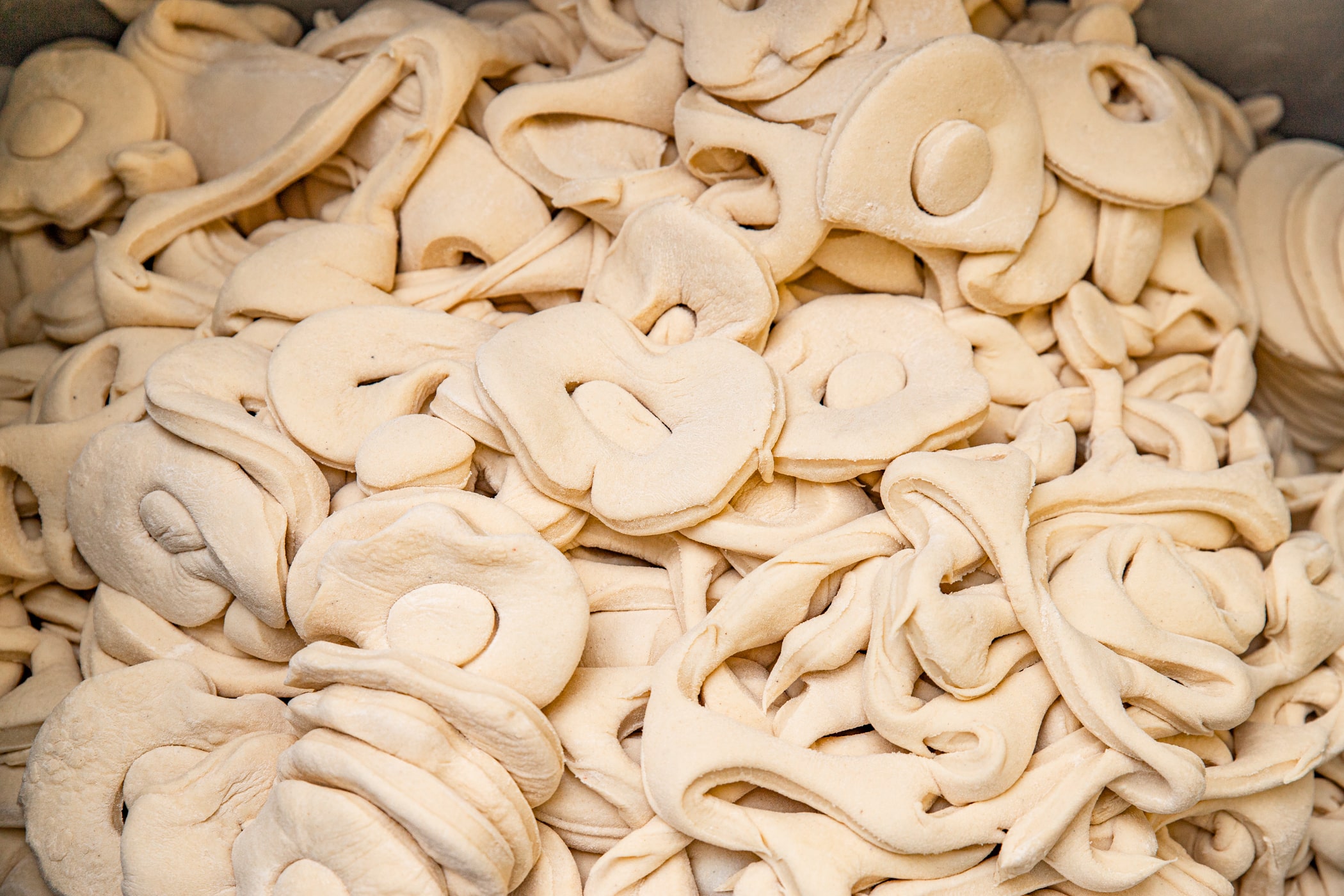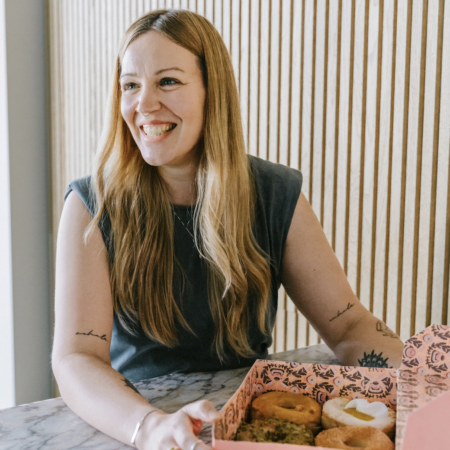If you ask us about the dark side of our business model, we will all agree it’s food waste. On the one hand, the leftover donuts in the shops every night after we close our doors to the public and even before our bakery staff hands the donuts to the delivery fleet.
From the start, we decided to donate our donuts to food saving to make at least sure someone somewhere feels the happy spark of biting into a donut. However, as our business grows so do our donations to food saving which is not sustainable in any aspect and most certainly set one of our most important goals to rationalize our unsold leftovers going forward.
Food management operational goals
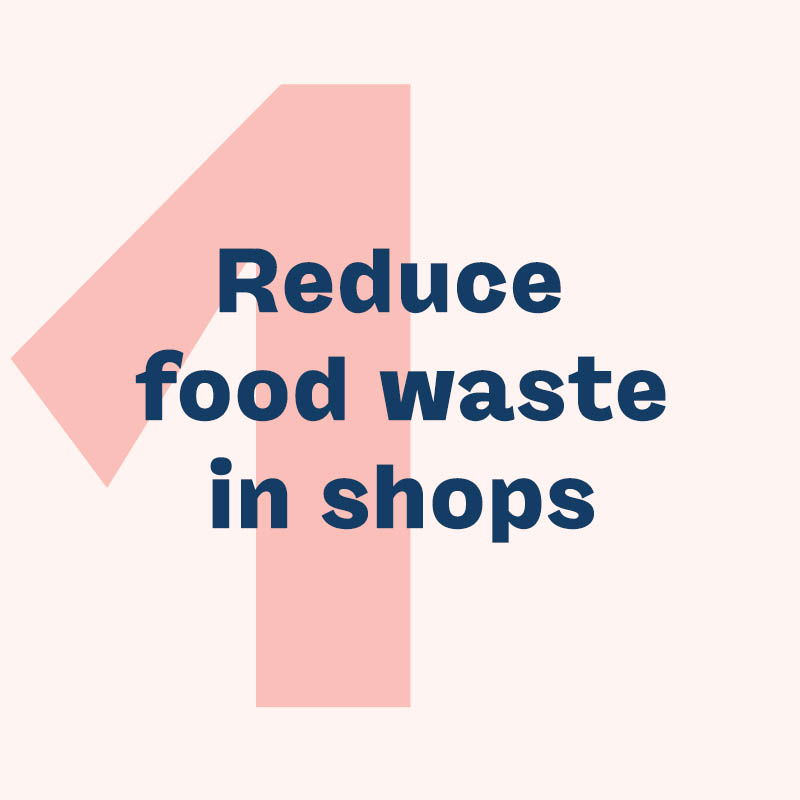
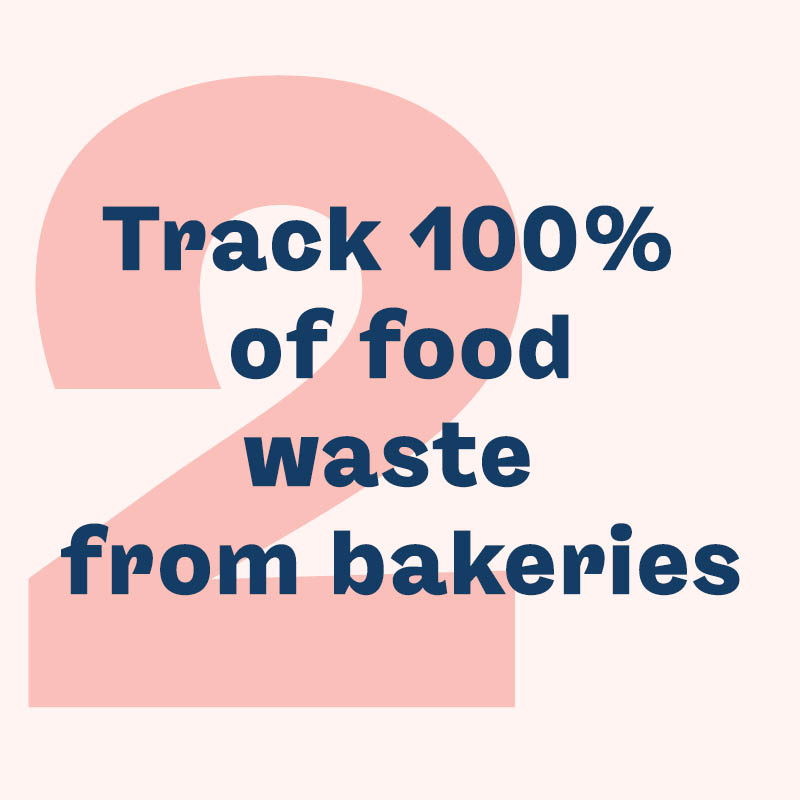
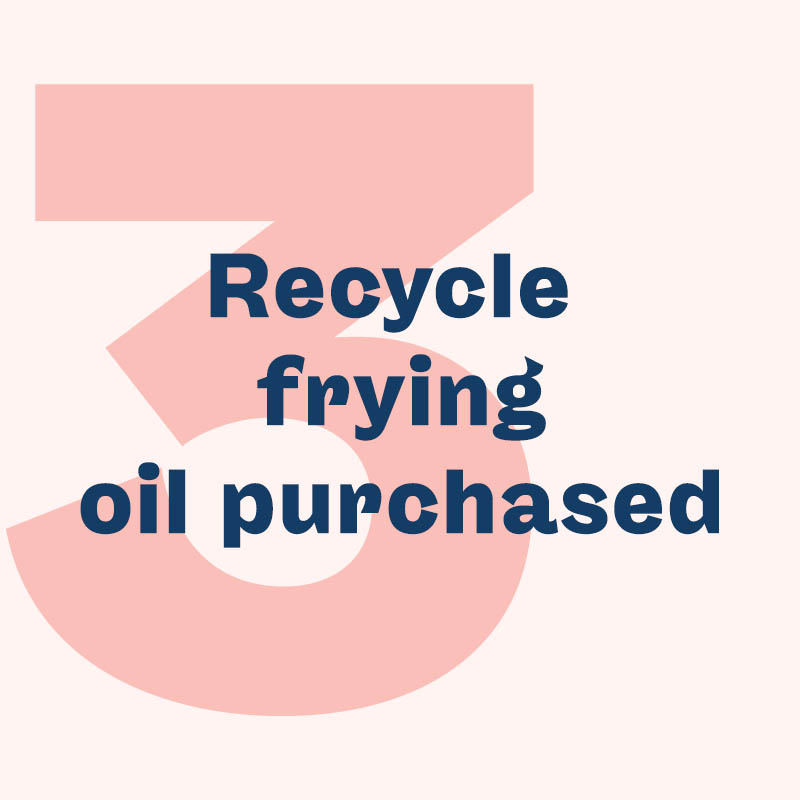
Nora, why is food waste management such a material topic for your company?
Donuts aren’t particularly durable. They just taste the best if you eat them fresh. Unfortunately, we struggle to predict which donuts are popular on different days, so food waste is inevitable.
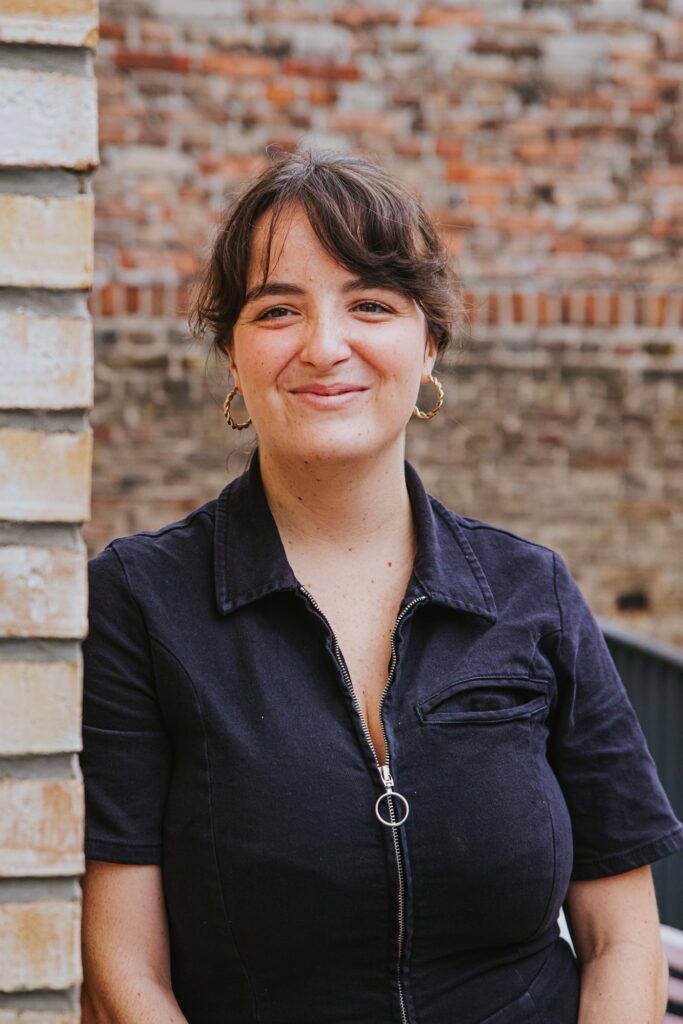
We differentiate between food waste before it becomes a donut and unsold donuts, which we donate to food sharing. We have developed different strategies to reduce waste in both categories.
All our donuts are a labor of love. We decorate each by hand, and it’s quite painful to see them go to waste. In the bakery, we now ask ourselves how perfect is too perfect and how to adapt the donuts to meet our quality standard and reduce waste. We’ve also developed an AI tool that analyzes what we sold in the previous year so that our shops can optimize their donut orders based on past data.
What ideas have you experimented with to lower food waste at Brammibal’s?
At Brammibals, we love high-quality donuts, and we love to create them from scratch. However, we’ve learned that it doesn’t always make sense. For example, if we make a filling ourselves, we must use it within three days. Unfortunately, we cannot control how many donuts of that kind will get sold, which means that after three days, we must dispose of that filling. We’ve analyzed what ingredients are sensible for us to create from scratch and when it makes more sense to buy them instead to extend the durability.
Does food waste management impact your production plans?
Definitely! Usually, our planning cycle is six months. Our team makes suggestions. Our recipe developer creates the first iterations, which we then test before she adapts the recipes. Theoretically, we know months in advance what donuts we want to sell in six months. But when I notice a surplus of something we need to use up, we change our plans accordingly.
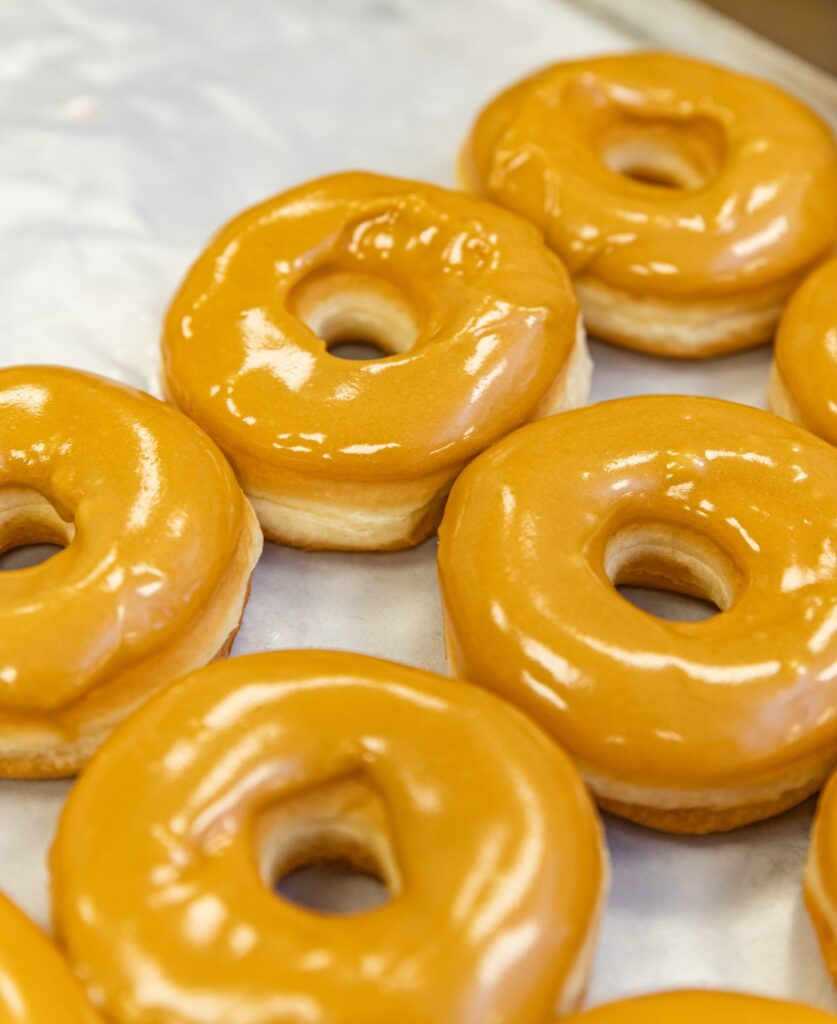
Read more about how we’re trying to reduce our food waste
in our impact & sustainability report:

